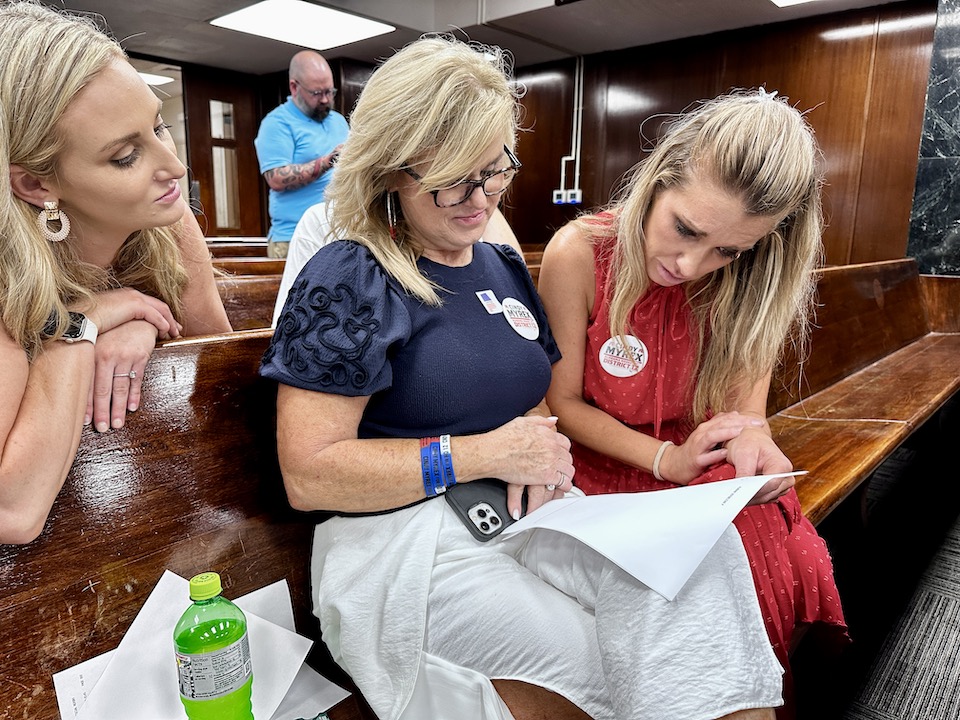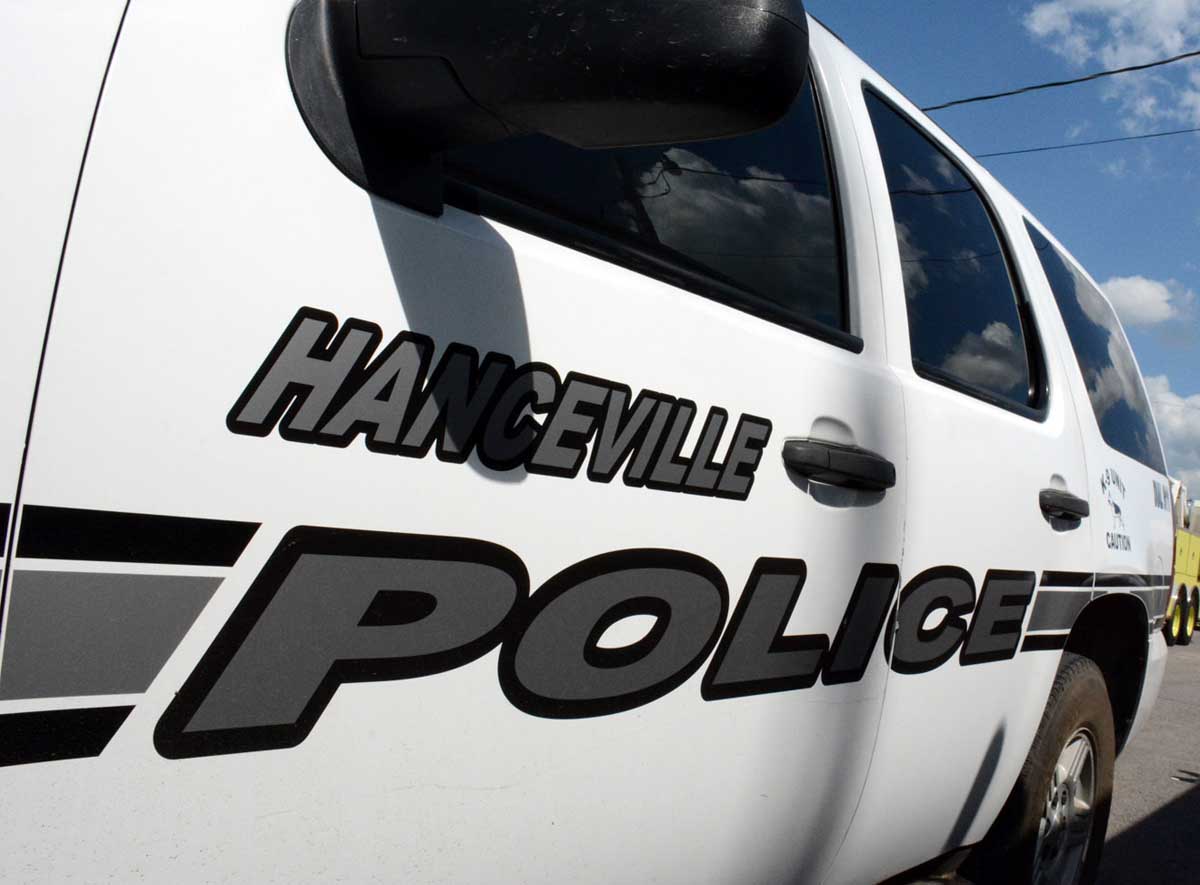Indiana police chief takes issue with new body camera footage law
Published 2:25 pm Wednesday, June 15, 2016

- Clarksville Police Cpl. Wayne Townsend organizes files after downloading body cam footage to the department's computer.
CLARKSVILLE, Ind. — A new law in Indiana dictating how police store footage from body cameras and when they must release that footage is causing problems for at least one department.
The chief of the police department in Clarksville, a town of about 22,000 nestled along the Ohio River outside Louisville, tells the Jeffersonville, Indiana News and Tribune he plans to suspend the use of body cameras when the law takes effect on July 1.
Trending
House Bill 1019, presented to the Indiana House of Representatives in January, was signed into law in March with unanimous backing. It establishes a procedure for the release of law enforcement recordings — including body camera footage — under the state’s public records law.
State Rep. Kevin Mahan, R-Hartford City, the bill’s author, said as more agencies adopt body cameras, departments and the media are looking for some direction.
“Then you have citizens who want to have their privacy protected,” Mahan said. “So this is where it was a very delicate balance in trying to balance privacy rights with openness and transparency.”
But according to Clarksville Police Chief Mark Palmer, complying with the new law will be onerous for his department. He cites a provision in the law mandating that body cam footage be stored for at least 190 days, saying the department’s server capacity would rapidly be exceeded. The department employs 48 full-time officers and approximately 20 reserve officers. With six to eight officers wearing cameras which are turned on for the majority of their 12-hour shifts, that would mean more than 40 hours of footage would need to be stored from each shift.
“We’ve looked at different programs, including outsourcing it,” Palmer said. “We’re getting into several hundreds of thousands worth of dollars here.”
Palmer said few companies provide cameras, storage and redaction software in one package. He said one bid for that kind of package — which included a 40-terabyte server — exceeded $100,000.
Trending
“And still we’re going to have to have somebody come in and perform maintenance on the server, and then again we don’t know how much video we’re going to accrue in this time period and how many times we’re going to have to redact and so forth,” Palmer said. “So really the cost is unknown at that point.”
Mahan, himself a former law enforcement officer, said any new technology comes with costs and added that there are various grants police departments can apply for to cover the expense.
“Some people are talking about what it’s going to cost and I’m going to say, ‘What’s it going to save you?’” Mahan said, noting that body cam footage can help settle complaints and protect officers “walking the thin blue line.”
Mahan said he hasn’t heard of any police departments suspending the use of body cams based on the new law. In fact, he said, he’s only heard that more agencies want to implement body cams now that there’s legislation.
In Clarksville, Palmer said he would like to keep using body cameras, but his department won’t be able to keep up with the new law, which passed with support from the Indiana Association of Chiefs of Police and the Hoosier State Press Association.
“Basically, once the bill goes into effect, we will no longer be able to meet the requirements (of House Bill 1019) and we will have to stop wearing body cameras,” Palmer said. “It’s great when you want to throw all these great bills together and tell everybody to do it this way, but when you’re not going to give me financial assistance to make all these changes, you’re telling people either do it or don’t do it.”
The Jeffersonville, Indiana News and Tribune contributed to this story.





